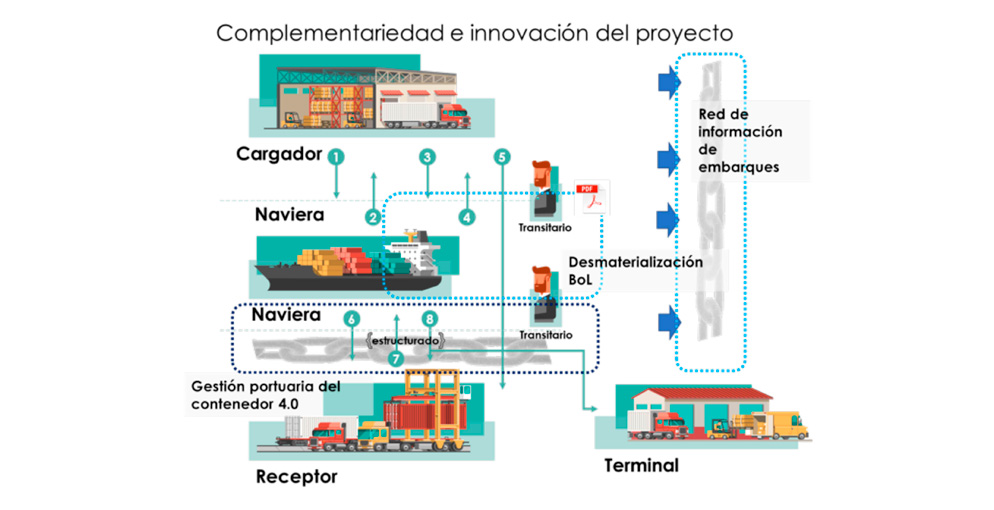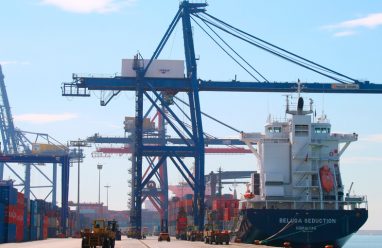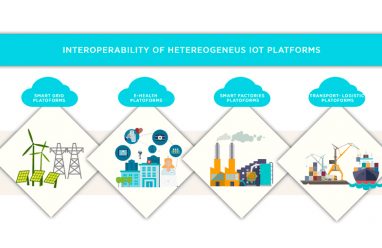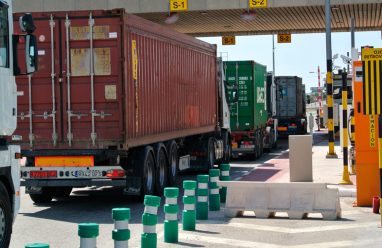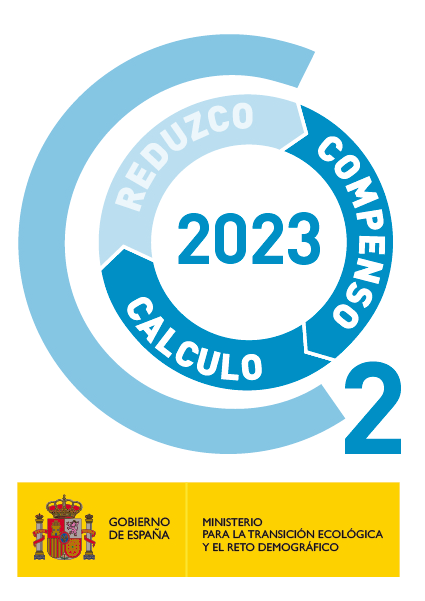By means of document digitalization, the project aimed to put forward new solutions to improve the efficiency of management and communication procedures between the different stakeholders of transport logistics operations.
Blockchain technology is an ideal candidate for the exploration of new solutions that lead to future process reengineering. Blockchain enables the transfer of value via the Internet between different stakeholders who need to validate and exchange information, giving rise to the so-called Internet of Value.
Blockchain has the potential to make complex systems a thing of the past, but it must also face up to certain challenges such as base code fragmentation, security threats and the centralization of power. But the implementation of blockchain would also improve and guarantee the conditions of security and traceability of operations, as well as the confidentiality of the data and information exchanged between participants of said transactions.
The proof of concept, which took place in the Port of Valencia, consisted of the redesign of the supply chain process that incorporates different companies for the receipt and delivery of containerized freight. This provided the starting point for the transformation of the entire logistics ecosystem. Similarly, an analysis was carried out to select the best architecture and blockchain solution for this case.
Definition of the primary Scientific and/or Technological Objective
The aim of this project was to carry out planned research in order to assess the suitability of blockchain, to acquire new knowledge and learn new techniques based on blockchain technology. This lead to the creation of new products, processes and services in and around the container freight transport industry. The project included the creation of components, both those inherent to the blockchain distributed network (for example the creation of participants, assets or smart contracts), as well as external ones (off-chain components such as identification technology, access and permissions, programming applications and interfaces) required to carry out this industrial research project. These components provided a generic validation of the technology applied to the container transport sector.
Ports are considered critical infrastructures given the enormous importance they have in global trade. As such, their IT platforms should be protected given the growing number of hostile agents who try to infiltrate these systems for the sole purpose of causing the greatest possible damage. Consequently, features of blockchain technology, such as data decentralization, duplication and protection, make it an ideal candidate for registering and managing documents and data, and ensuring the traceability of the value chain. Indeed, they make it impossible, in practice, for an attacker to modify records contained within the blockchain network. Given the nature of the data that is handled during maritime transport operations, data integrity must be guaranteed. Similarly, infrastructure security is of major importance in this area, in order to stop malicious actors from taking control of the platform and corrupting port operations.
Given its innovative character, this project became the showcase blockchain technology logistics project in Spain, thereby positioning the Valencian Region and its logistics industry at the cutting edge of this emerging technology.
In this context, the project in question aimed to:
- Boost innovation in the logistics sector through a greater adoption rate of blockchain technology. This in turn will generate the necessary know-how to lay the foundations for the transformation of this ecosystem, starting with the supply chain sub-process, where different businesses interact during the reception and delivery of containerized cargo.
- Redesign the current supply chain process using blockchain technology, at a conceptual and technical level, centring on the integration with third-party systems. The aim here is to generate a more efficient and competitive ecosystem.
- Analyse and select the best architecture and blockchain solution to cover the business use case, on the basis of research and development of components that enable technological validation (carried out as part of the project), and with a view to subsequent implementation and scaling.

